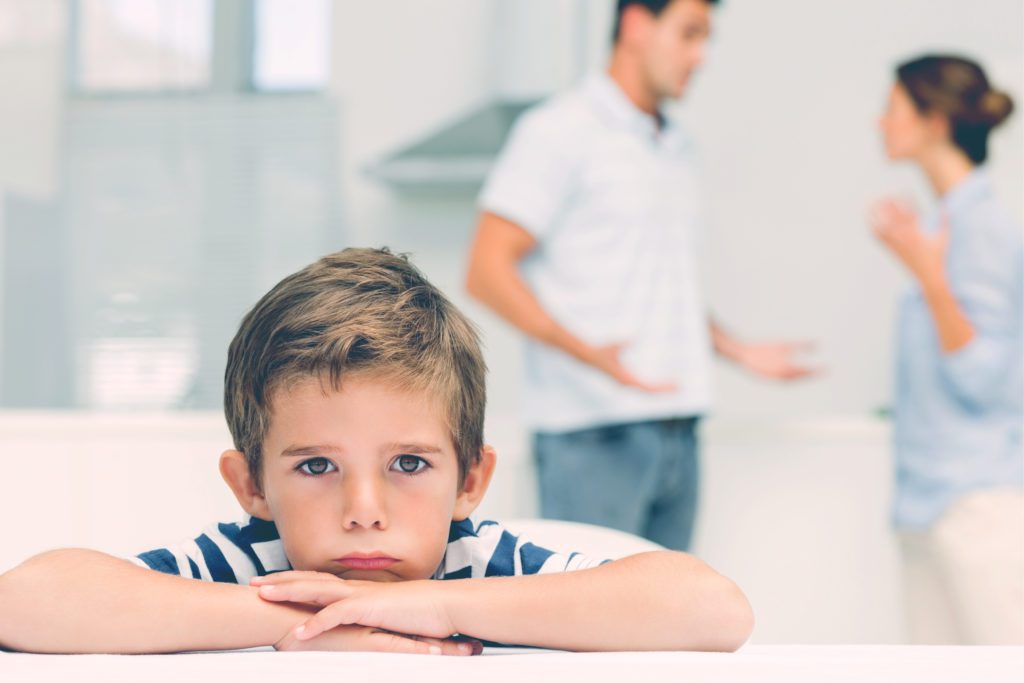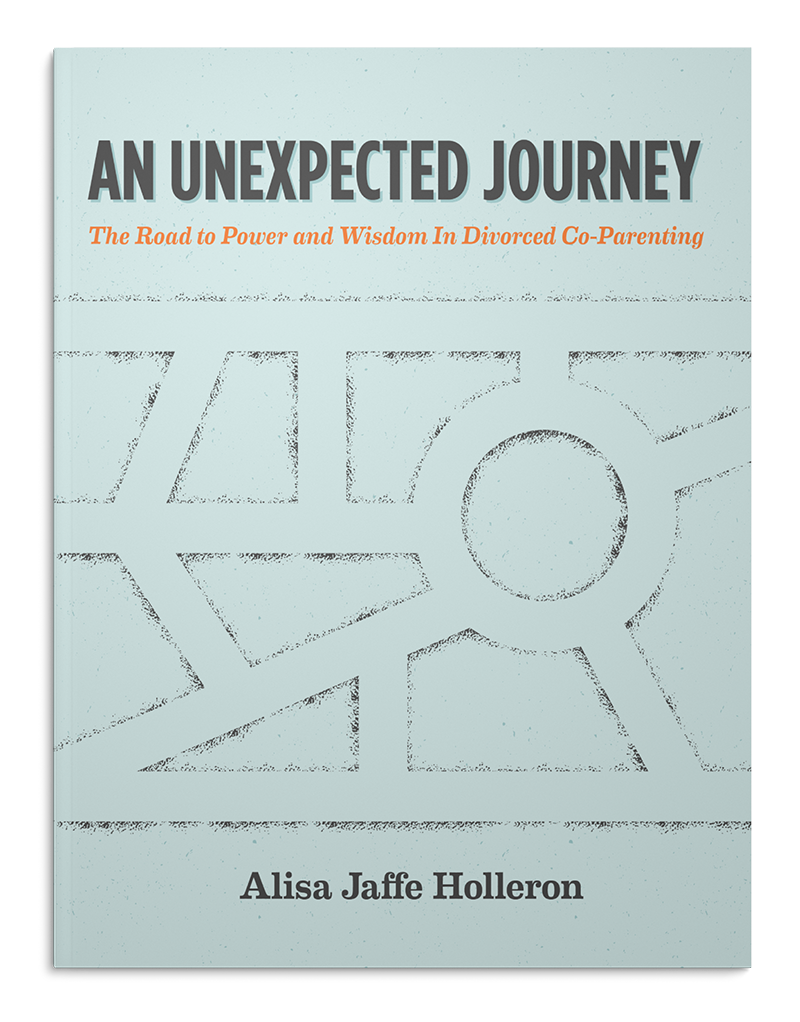Is your co-parent badmouthing you to the children? Knowing that your co-parent is badmouthing you is terrible! It is deeply distressing, anger provoking and just plain scary to feel like your co-parent is trying to turn your children against you. Co-parents can get very confused about to deal with this, and are vulnerable to responding in ways that not make things, but also inadvertently hurt their children.
My Co-Parent is Badmouthing Me to The Children: 8 Things to Think About and Do
1. The story of what happened between you and your co-parent may be important to you and your co-parent, but it is not important to children. Children are not sitting around trying to figure out who did what and who is right and who is wrong. They are children who are dependent on you and your co-parent. They are trying to figure out if their world is safe and secure. When you assume that they are trying to assess who the better parent is, or who was wrong, you are making an erroneous assumption. Engaging with them in conversation about things that happened with you and your ex will confuse them. They are developmentally unable to sort those things out. (Even teenagers!) Confusion leads to insecurity. (LEARN WHAT CHILDREN OF DIVORCE REALLY NEED)
2. Remember that this is harder for your kids than it is for you. It is extremely unsettling for children to be put in the middle. If your co-parent is badmouthing you to the children, that feels terrible to them, because it is essentially asking them to figure out who is good, who is bad, who is right, who is wrong. They love both parents and don’t want to be told negative things about the other parent. It is intensely uncomfortable for them. I realize that your ex has already put them in that position, but that doesn’t mean that you have to respond in ways that keep them in that position. Please consider this before reacting.
3. Don’t retaliate. In other words, don’t badmouth back. It will only erode your relationship with your child. Why? Because children don’t want to hear you say negative things about their other parent. It makes them feel terrible. If you badmouth back, you are demonstrating to your children that you are not willing to take the high road for their sake. It demonstrates that you care more about your own feelings than about them. If you are unwilling to put your needs and feelings aside for their sake, you are teaching them that they can’t really trust you to be there for them, and erodes your relationship with them. (LEARN HOW TO BE THE PERSON YOU WANT YOUR CHILD TO BE)
TIRED OF BEING DISRESPECTED?
Learn skills that will change you life!
Freedom Co-Parenting
Register Now!
LEARN MORE!
4. Don’t defend yourself! Many parents say: “But I have to defend myself! Otherwise, they will believe the other parent.” But, if you defend yourself, it is like asking your child to be the judge. You are asking them to listen to both sides and decide which they believe. It is putting the child in the middle, BIG TIME. Don’t do this to them. They don’t want to figure out who’s right. They want to be loved and connected and feel secure. Keeping them in the middle by defending yourself makes them feel insecure.
5. Children tell you that your co-parent is badmouthing you because it is upsetting to them. They are looking to you to help them feel better, not because they are trying to figure out the truth about what happened. Defending or retaliating makes them feel worse. If you do this, they are less likely to come to you for support in these situations.
6. Remember that if you don’t defend yourself, and you don’t badmouth your co-parent in return, you will be cultivating great relationship with your children. If your co-parent continues to badmouth you, they are eroding their relationship with your children. Badmouthing you will backfire.
7. Here’s what to do instead of defending or retaliating. Feel into your child’s experience. When they tell you that their other parent badmouthed you, try to get a sense of what it must feel like to them. Say things like “I know it is hard when Mommy and Daddy don’t get along” or “I know it must be upsetting when when Mommy and Daddy say bad things about each other.” If they press you about details, it is fine, and usually better, to tell them that this is an adult matter, and not something that you will discuss with them. It makes children feel secure to know that you hold boundaries for their sake.
8. The most important thing you can do is demonstrate that you understand that this is painful for them. You don’t have to fix anything. They feel bad and are asking for help. What helps is connection, hugs, love. Tell them you love them and even though this feels bad, everything will be ok.
My Co-Parent Badmouths Me to My Children: Afterword
Like with other co-parenting issues, it takes effort, tenacity and wisdom to do what’s right for your children. When you hear that your co-parent is badmouthing you, it is very easy to react quickly without thinking. Simply reacting, allowing your emotions to control your behavior will likely not yield the results you are aiming for. Stepping into the wise, mature part of yourself may not be easy, be it will definitely benefit you and your children.
Learn about Emotional Reactivity and Mindfulness When your co-parent badmouths you, it likely puts you in an emotionally reactive state like anxiety, anger, resentment or frustration. When you allow emotionally reactive states to dictate your actions you will probably make things worse for yourself and your children. You will be much more powerful if you have skills to get yourself out of emotionally reactive states. MINDFULNESS is a powerful tool for helping you be aware of, and get yourself out of emotionally reactive states.
Difficult co-parent? Things CAN be better.
Seven Life-Changing Co-Parenting Skills
2. Let Go of What You Can’t Control
3. Be the Person You Want Your Child To BE
4. Know What Children Really Need
5. Know How to Work with Difficult Emotions
7. Cultivate Joy and Positivity




